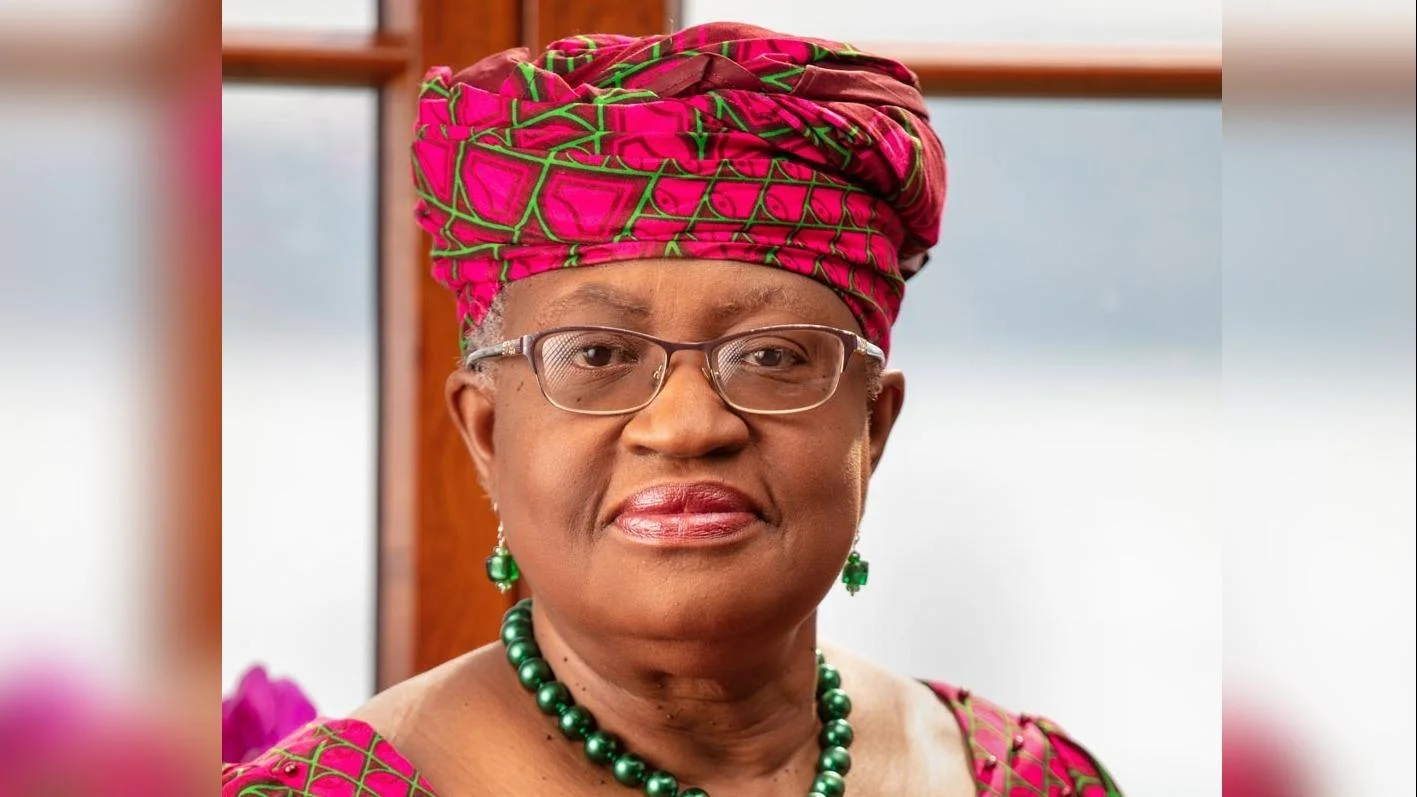The Council for Trade-Related Aspects of Intellectual Property Rights (TRIPS) held a meeting where members discussed technology transfer, pandemic preparedness, digital infrastructure, and related issues. Delegations emphasized the role of voluntary technology transfer to developing economies in promoting innovation and development, referencing sectoral case studies.
A group of countries—Australia, Canada, the European Union, Israel, Japan, Republic of Korea, New Zealand, Singapore, Switzerland, Chinese Taipei, the United Kingdom and the United States—submitted a document titled "Intellectual Property and Innovation: Technology Transfer Case Studies." The document underscores how technology can drive productivity and growth. Members shared experiences with voluntary transfers of patent-protected or trade secret technologies and highlighted the need for supportive domestic policies.
Technology transfer was discussed across various sectors including agriculture and manufacturing. Platforms such as WIPO GREEN were noted for supporting green technology exchange. The Medicines Patent Pool (MPP) was cited as an example that allows voluntary sublicensing of patented treatments to increase access to medicines.
On pandemic preparedness and intellectual property rights (IPR), members exchanged views based on submissions from several countries including the United Kingdom ("Intellectual Property, Voluntary Licensing and Technology Transfer") and Bangladesh ("TRIPS for Development post-MC13"). These discussions focused on lessons learned from COVID-19 regarding pharmaceutical patents.
South Africa submitted a report called "Empowering Women in Intellectual Property," which led to discussions about initiatives aimed at recruiting more women into STEM careers. Members also talked about resources to encourage e-commerce and entrepreneurship among women.
The relationship between TRIPS rules and biodiversity was another focus area. The Chair urged timely responses on questions related to Article 27.3 of TRIPS as well as work involving traditional knowledge protection. India, Brazil and Peru referenced their communication on aligning TRIPS with the Convention on Biological Diversity (CBD) in light of recent developments such as the 2024 WIPO Treaty on Intellectual Property concerning genetic resources.
Several delegations called for more meetings with WIPO to clarify how TRIPS interacts with new treaties covering genetic resources and traditional knowledge.
Regarding non-violation and situation complaints (NVSCs), members reiterated their positions ahead of the upcoming WTO Ministerial Conference (MC14). The Chair reminded delegates about their mandate to examine NVSCs under TRIPS before MC14 in Cameroon next year. A decision adopted by ministers in 2024 instructed continued review of this issue without initiating new complaints until recommendations are made at MC14.
The Council also continued its review process under Article 71.1 regarding implementation of TRIPS obligations but did not reach consensus on launching further action this year.
Members provided updates on legislative changes notified since June’s meeting. Arrangements were agreed upon for reviewing Samoa's national legislation at the first Council session in 2026.
India presented a communication about digital public infrastructure’s role in promoting inclusion and competitive e-commerce through intellectual property frameworks.
There was discussion about international intergovernmental organizations' observer status at Council meetings; while more observers have been added recently many do not participate regularly despite remote access options being available.
Members also commented on reactions following an arbitration award circulated July 21 regarding WTO dispute settlement case DS611 concerning enforcement of intellectual property rights by China.
The next regular meeting is scheduled for April 23–24, 2026.

